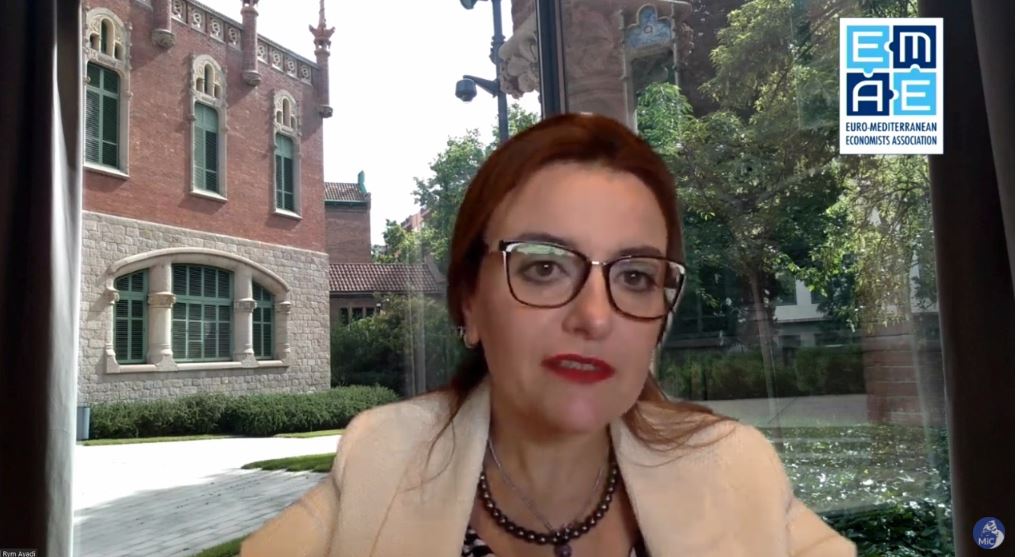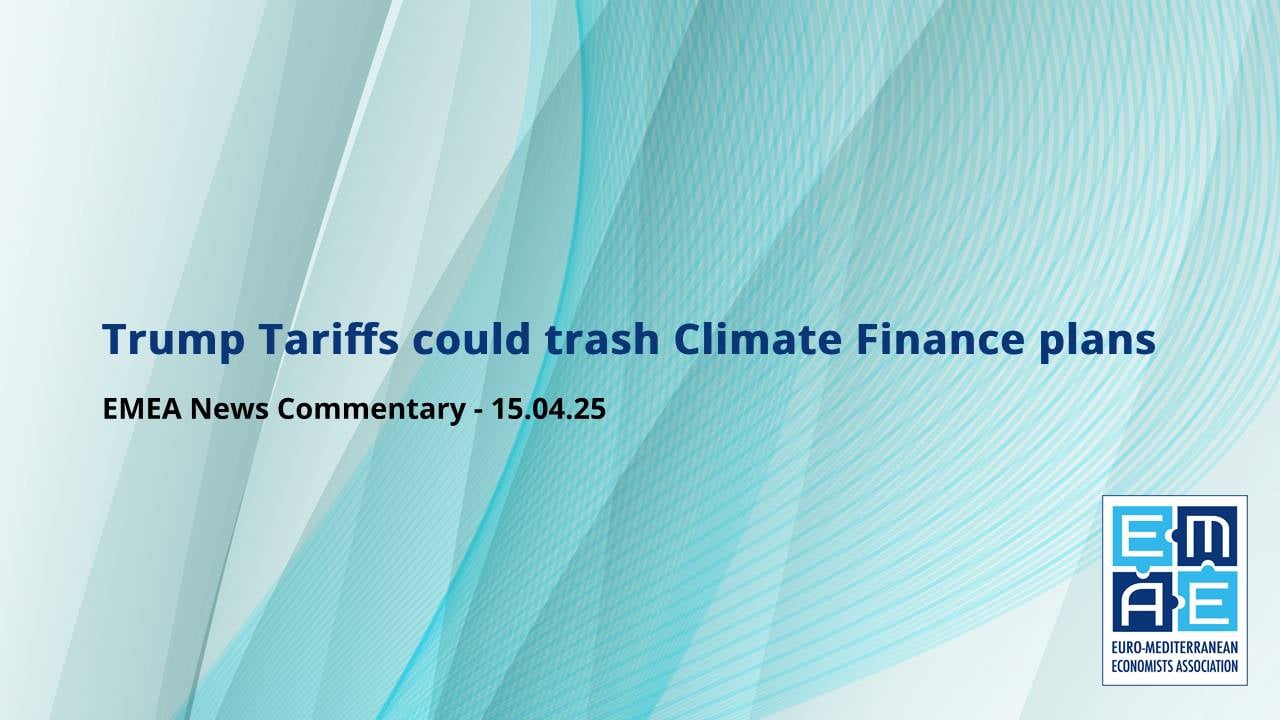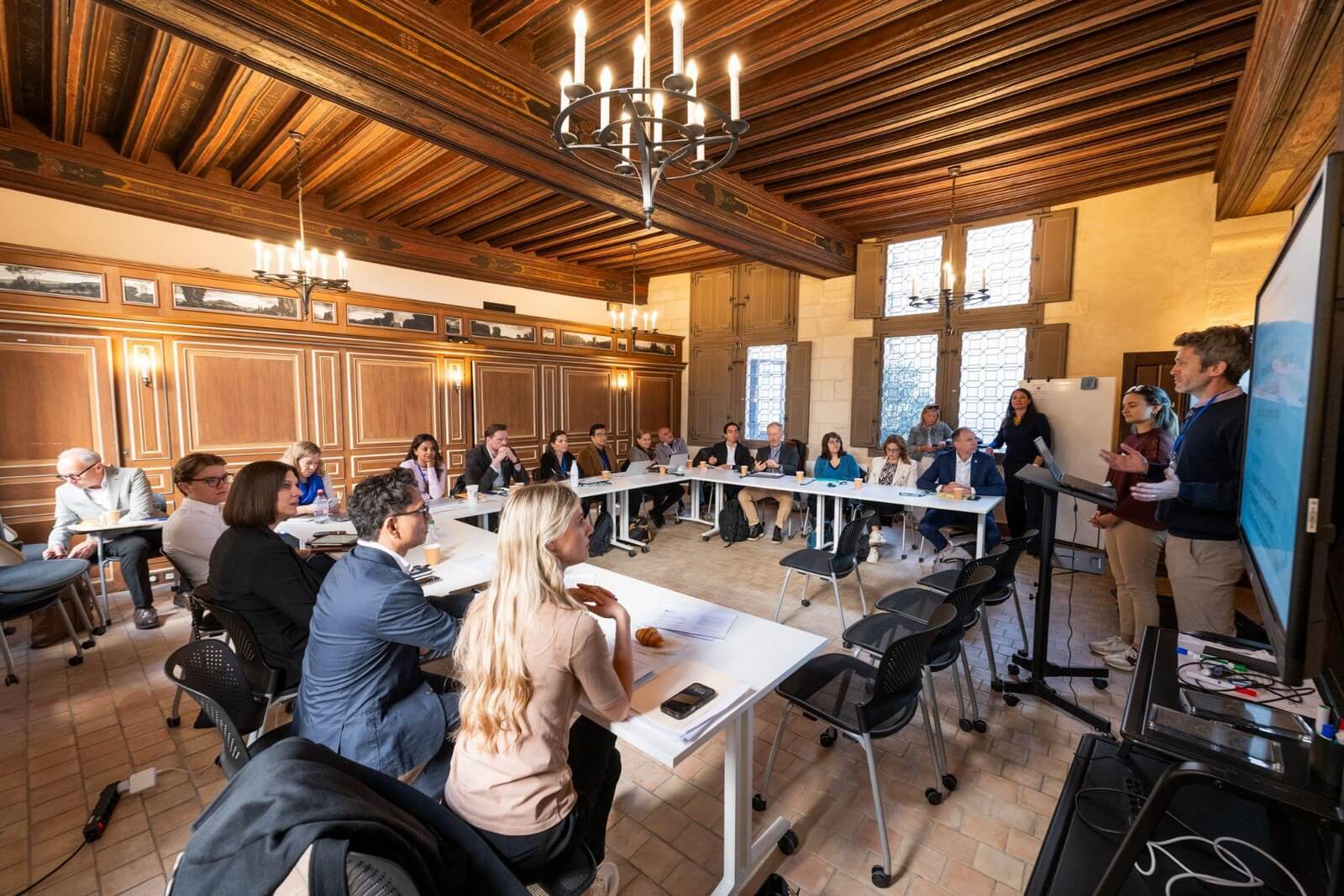Professor Rym Ayadi, Founder and President of the Euro-Mediterranean Economists Association (EMEA), and Director of the EU-funded CREACT4MED project, attended the Conference of the Ministers of Culture of the Euro-Mediterranean region Culture Ministerial meeting of the EU-Southern Partnership on Thursday 16th June.
Connecting to the hybrid conference online, she presented CREACT4MED as an example of how regional cooperation in cultural and creative industries can contribute to creating value, strengthening resilience and building prosperity.
The panel was moderated by Federica Olivera, Founder and Director of the International programme in Public and Cultural Diplomacy and the Catholic University. She asked panellists what crucial lessons have been learned in terms of creating an enabling environment for social economic resilience and inclusion, especially concerning young people and women, and with regards to the green and digital transitions.
Professor Ayadi outlined the aims of CREACT4MED, which seeks to create jobs and strengthen businesses by giving support to entrepreneurs, start-ups and small businesses active in the cultural and creative industries (CCI). The initiative has been designed to specifically address the obstacles facing the CCI in the Southern Mediterranean, in order to unlock the potential of these industries to contribute to growth, job creation, social transformation and overall wellbeing. Its activities are based around access to training, access to finance, access to open-source knowledge, and access to markets via collaboration and enhanced synergies between different initiatives in the region.
The cultural and creative economy has been greatly impacted both by the COVID-19 pandemic, and by the war in Ukraine in terms of increasing prices, and it is vital that public policy embeds these industries in plans for a resilient and prosperous recovery.
The panel also included Davinia Galea, Managing Director ARC Research & Consultancy and Medinea Network member (MEDiterranean INcubator of Emerging Artists); Damien Helly, Cofounder and Chair of Culture Solutions, Team Leader of Tfanen – Tunisie Créative; Mohab Saber, General Coordinator, All-Around Culture Programme; and Walter Zampieri, Head of Culture Unit, European Education and Culture Executive Agency, European Commission. They spoke of the importance of building dialogue and a sense of common culture in the Mediterranean as a means to increase societal cohesion and therefore resilience, the role of culture in rebuilding trust in an era of increasing conflict and prejudices, and the need for different, more agile forms of multilateralism in the Mediterranean.
To close the panel, each speaker offered policy recommendations to be taken into account in the upcoming Ministerial Declaration. Suggestions included a country-based cultural strategy for each partner country of the EU, and a focus on visas for cultural professionals. Professor Ayadi offered four concrete policy recommendations:
- To formally recognise culture, creativity and the cultural and creative industries as pillars for inclusive, sustainable and resilient economic development post-COVID-19 in the Mediterranean and Africa;
- To set up a regional fund should dedicated to CCI in the Mediterranean and Africa, with guarantees and co-guarantees under the EU’s Multi-Annual Financial Framework;
- To enhance the financial sustainability of the implementing institutions of CCI initiatives and projects, with criteria linked to the Sustainable Development Goals (SDGs) to enable CCI to contribute to the net zero scenario for 2050;
- To multiply and extend regional indicatives and multi-stakeholder innovation platforms and hubs to ensure there are digital and physical market places and target regional events for CCI actors.





